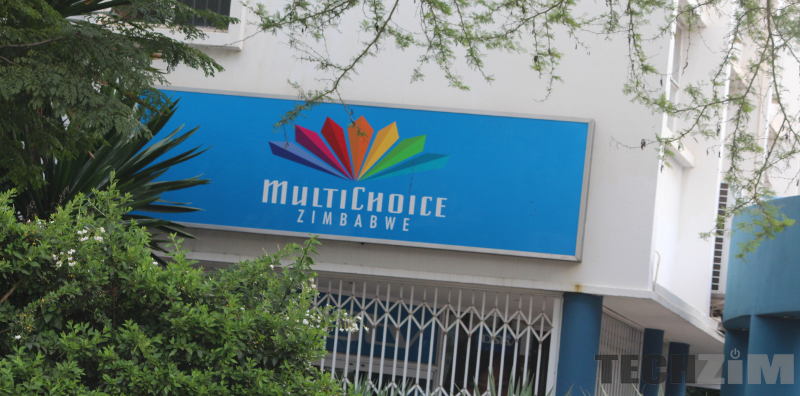Last month we learnt that Nigerian authorities had either frozen or were attempting to freeze the bank accounts of several big companies over tax issues. By far the biggest name on the list was the South African entertainment giant Multichoice. The company is now involved in a heated battle over ₦1.8-trillion (US$4.3 billion) tax bill.
In a horrific turn of events for the South African multinational, a tax tribunal headed by the Federal Inland Revenue Service recently ordered the company to pay at least half of the tax bill before it could hear Multichoice’s appeal. This seems rather blatantly unfair it’s like asking someone to pay an admission of guilt fine before you can hear their appeal in court except this time you are being asked to pay U$2 billion just so your case can be heard.
Multichoice has until 23 September to come up with the payment. This is the date to which the case was adjourned to. Naturally Multichoice is disputing the size of this bill and refusing to pay before their case can be heard and all indications are that they do not intend to comply with the latest order from the tribunal.
The direction issued by the tax appeal tribunal (TAT) does not compel MultiChoice Nigeria to make payment of 50% of ₦1.8-trillion, being half of the disputed tax assessment which is under appeal,
The direction issued by the TAT … requires MultiChoice Nigeria to deposit with the FIRS an amount equal to the tax paid by MultiChoice Nigeria in the preceding year of assessment or (MultiChoice’s emphasis) one half of the disputed tax assessment under appeal, whichever is the lesser amount plus 10%.
The lesser amount is the tax paid by MultiChoice Nigeria in the previous assessed year, which is substantially less than the disputed assessment.
[MultiChoice] law-abiding corporate citizen and continues to engage constructively with the FIRS in an attempt to resolve this matter.
MultiChoice’s statement in the wake of this ruling
They usually say they are three sides to every story. The usual two sides and somewhere in the middle the truth. This time though I am more inclined to sympathise with MultiChoice. MultiChoice is worth about R50 billion on the JSE. How can the Nigerian government be demanding R65 billion in taxes? That’s more than what the company is worth after years in business.
This is not the first time Nigerian authorities have targeted a South African company either. They also locked horns with the MTN group again over taxes. Yet again a ridiculously high amount was involved. For some reason the country’s Attorney General withdrew this case at the beggining of this.
It will be interesting to see how this ends though. My money is on this ending the same way MTN case ended. The whole thing will just go quiet at some point but not before MultiChoice suffers some real pain.

What’s your take?